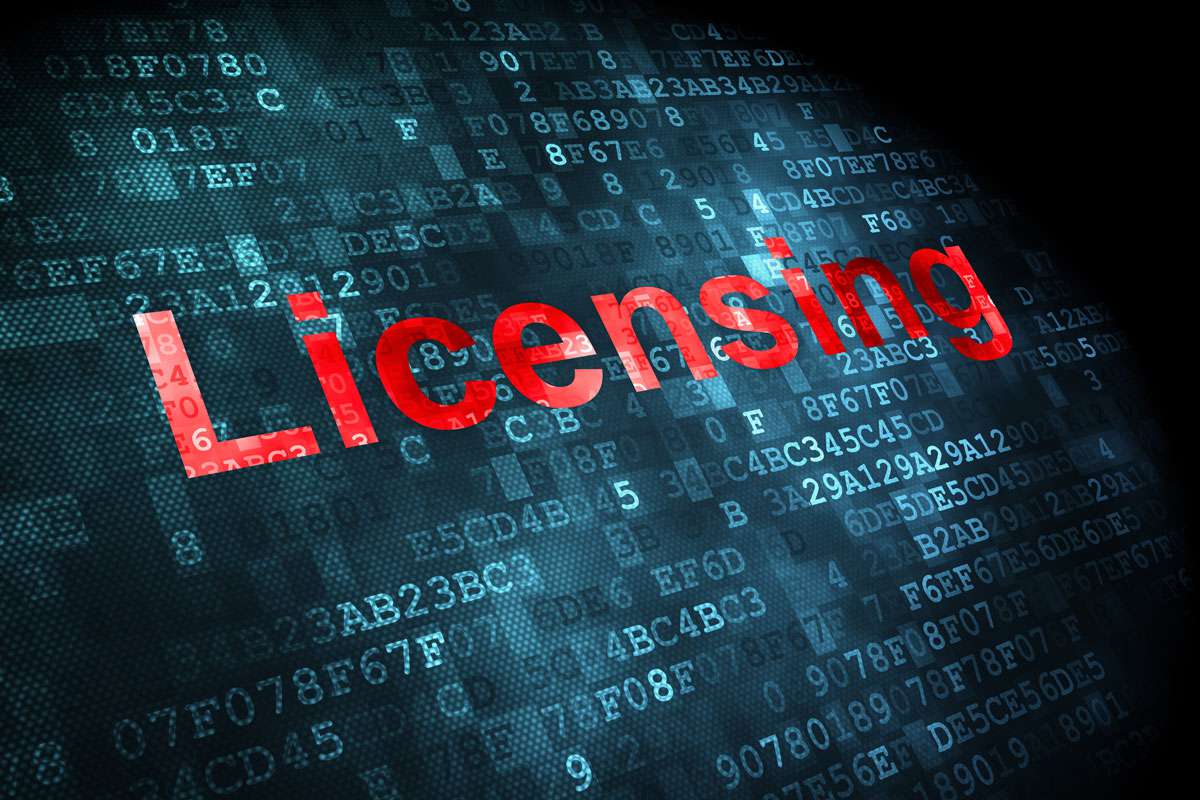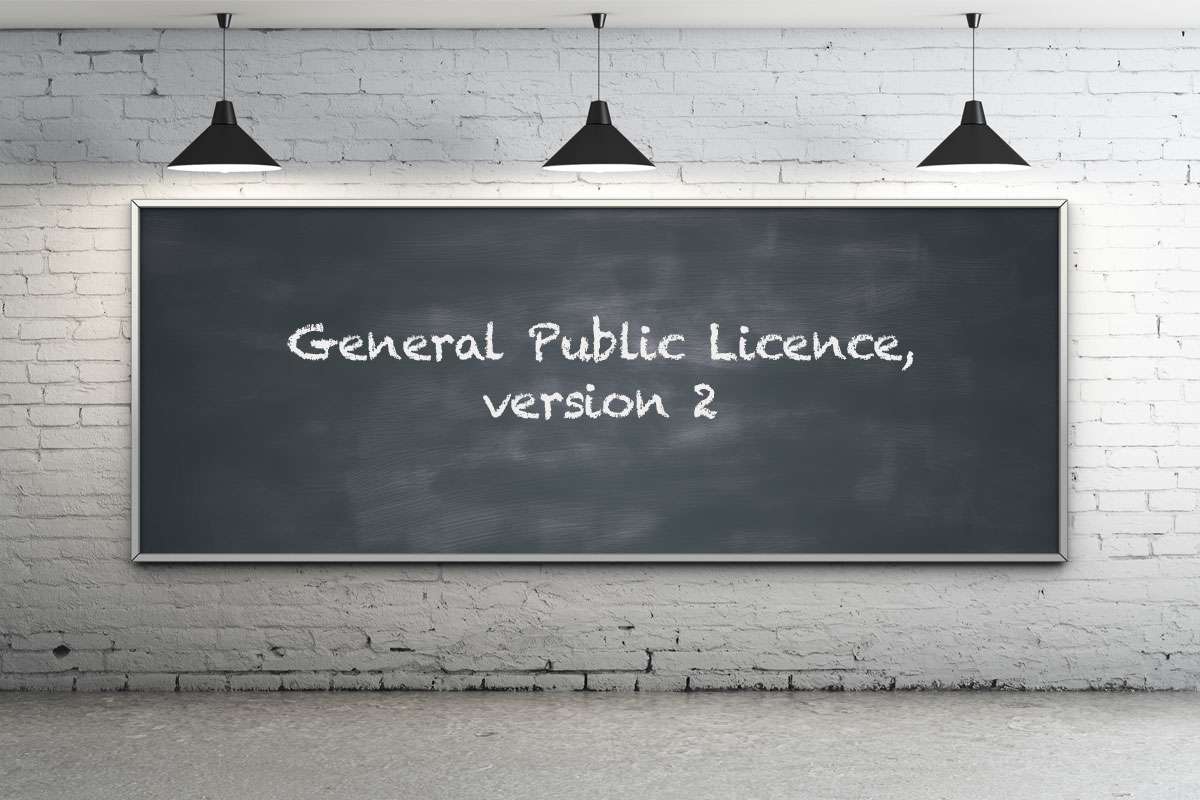A reader asks: Taking screenshots and turning them into thumbnails
The question In the comments to one my posts, a reader left an interesting question, the discussion of which I thought was better off in a new post. Not only does that enable others to see it more easily but taking this path preserves the reader’s anonymity (I haven’t published the comment, for reasons he’ll understand when he reads this post). The question was this: ‘As a hypothetical, if I create a screenshot of someone else’s website and turn it into a smaller thumbnail, how would this be considered under copyright?’ My comments on this question are below, written as if I was talking directly to the person that asked the question. I don’t limit my comments to a screenshot of someone else’s website. The screenshot might, for example, be of a single photo you see on another site. Comments The question you raise is an interesting one. I’ll make some comments but you’ll appreciate that this isn’t legal advice. My standard disclaimer applies. (I’m sure I’ll get tired of saying that after a while… …









